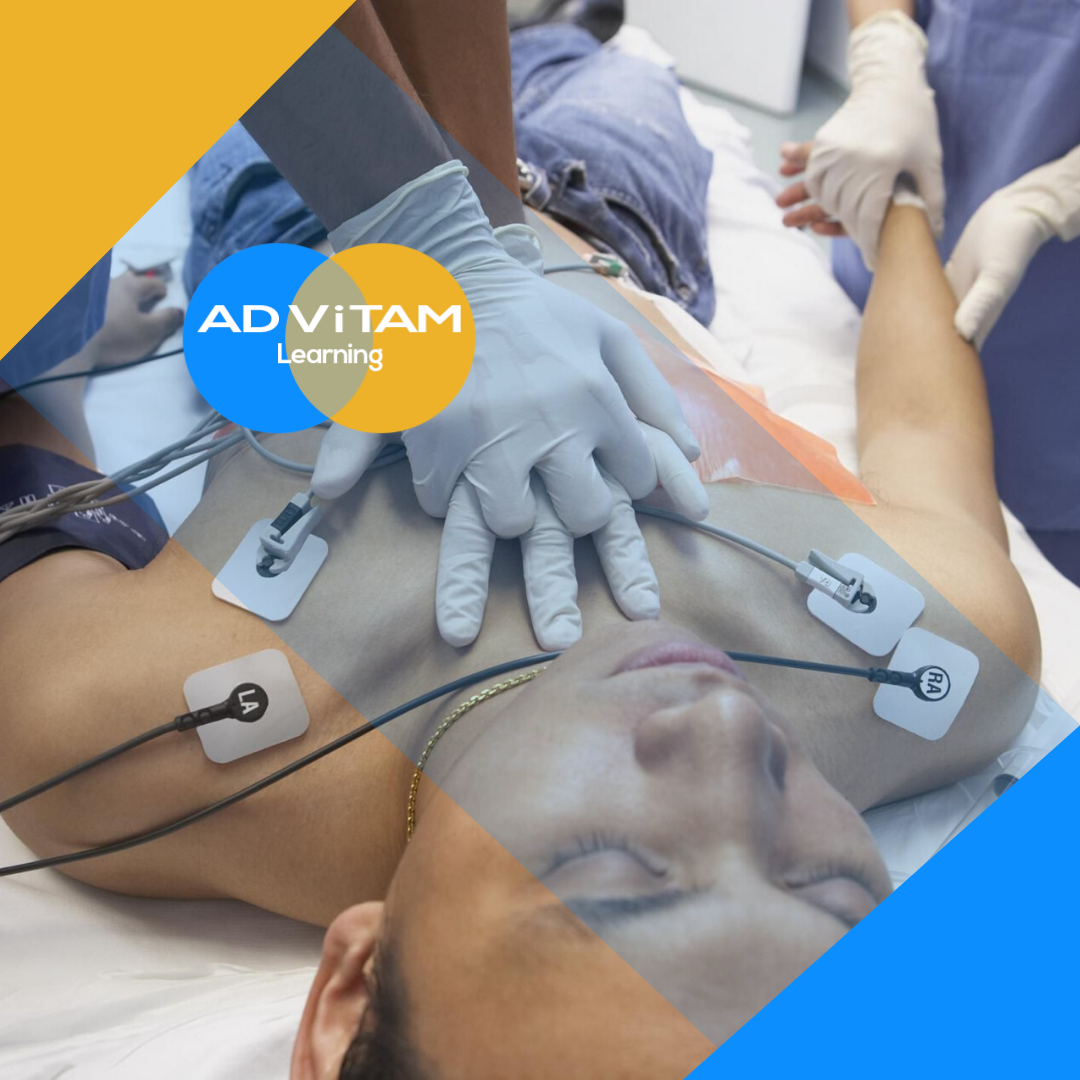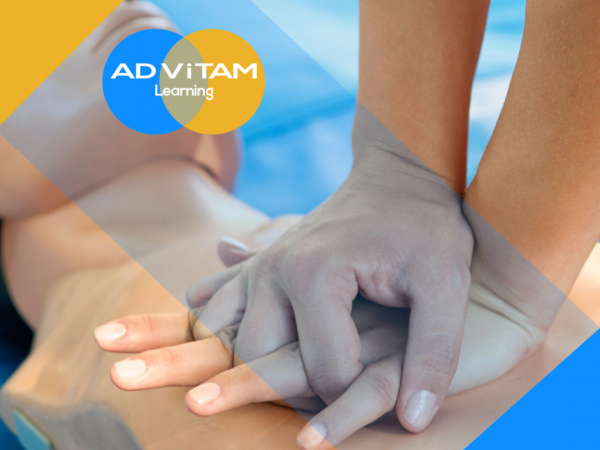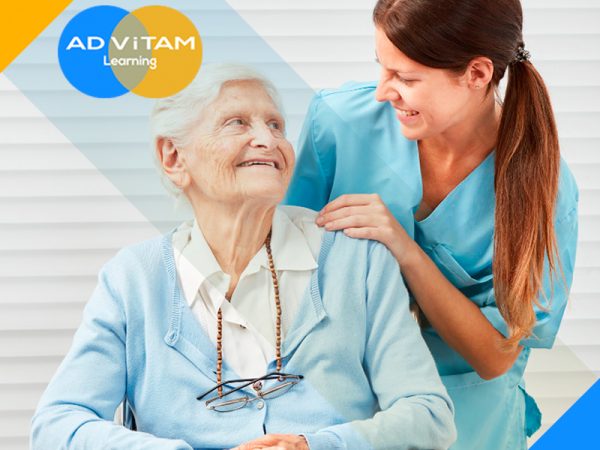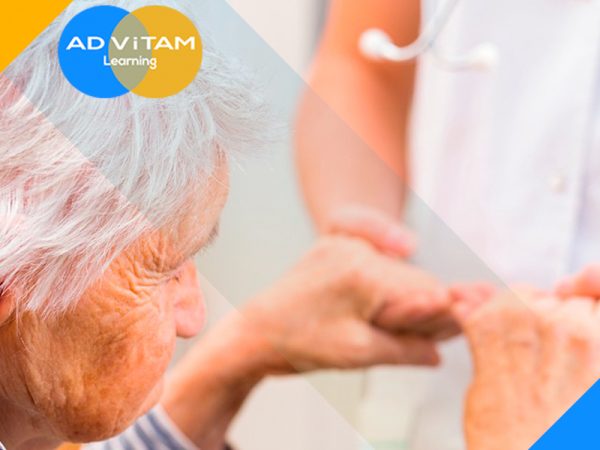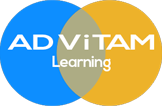Description
Care Certificate Standard 12 – Basic Life Support | Level 1 | Online Training Course | CPDUK Accredited | Instant Course Access | Includes Assessment & Certificate | Instant Certificate Download.
Welcome to our online Care Certificate Standard 12 (Basic Life Support) training course for front-line healthcare and social care support workers. All our online training courses, programmes and qualifications are accredited by the CPD Certification Service (CPDUK).
It is essential to understand that the objective of BLS is not to ‘treat’ the person but to buy some valuable time until the emergency medical aid arrives. BLS procedure is mainly used on people experiencing cardiac arrest or respiratory failure.
Basic first aid helps ensure that the right methods of administering medical assistance are provided. Knowing how to help a person is just as crucial in emergencies. It only takes six minutes for the human brain to expire due to lack of oxygen.
Certificate duration: 2 years
Entry requirements: No entry restrictions
Recommended prerequisites: N/A
Assessment type: End of course assessment
Assessment pass mark – 80% needed to pass and gain a CPD certificate
Cost(s) of assessment and certification – All costs included in the course price
Awarding/Accrediting body – CPD Certification Service (CPDUK)
Who is the course for?
This Care Certificate Standard 12 (Basic Life Support) e-learning course should be completed by those who work in health and social care services, including:
- New members of staff in Healthcare Support Worker roles,
- New members of staff in Adult Social Care Worker roles, and
- Any staff members who provide direct care to patients or individuals needing support.
This online Care Certificate Standard 12 (Basic Life Support) training course will also be useful for:
- Staff moving into new roles within their organisation,
- Refreshing the knowledge of any member of staff,
- NHS nursing, AHP and care staff,
- Agency care workers,
- Healthcare assistants (HCAs),
- Support workers,
- Care assistants, and
- Community services.
What is covered in this course?
This online Care Certificate Standard 12 (Basic Life Support) training course covers the following:
- Introduction to basic life support,
- Cardiopulmonary resuscitation – Chain of survival,
- National Early Warning Score (NEWS) System,
- Systematic and primary survey – DRSABC,
- DRSABC – Airway – Breathing – Chest Compressions,
- DRSABC – Continue CPR – Compressions – Rescue Breaths,
- Automated External Defibrillators (AEDs) Algorithm,
- Basic life support algorithm for children,
- Your role and responsibilities for CPR delivery,
- Choking – airway obstruction by a foreign body,
- The recovery position, and
- Online resources for cardiopulmonary resuscitation training, and
- Summary.
Course aims
After completing this online Care Certificate Standard 12 (Basic Life Support) training course, the learner should have the theoretical knowledge to be able to:
- Carry out a primary survey in an emergency,
- Place a casualty in the recovery position,
- Treat a casualty who is vomiting or choking,
- Perform cardiopulmonary to the Resuscitation Council (UK) 2010 guidelines, and
- Recognise the difference between a heart attack and angina.
Learning outcomes
On completion of this online Care Certificate Standard 12 (Basic Life Support) training course (and practical assessments in the workplace), the learner will:
- Know how to provide basic life support,
- Be able to carry out basic life support,
- Complete practical Basic Life Support Training that meets the UK Resuscitation Council guidelines;
- If working with adults in health and social care, they will undertake training in adult basic life support,
- If working with Paediatric patients in healthcare, they will undertake training in paediatric basic life support,
- If working with Newborn patients in healthcare settings, they will undertake training in newborn life support.
- Understand the latest Resuscitation Council (UK) guidance (2015);
- Most up to date Resuscitation Council Resuscitation Guidelines, and
- Cardiopulmonary Resuscitation – Standards for clinical practice and training Joint Statement.
What is the care certificate standard 12?
The care certificate standard 12 covers basic life support. Basic life support (BLS) is a level of medical care which is used for victims of life-threatening illnesses or injuries until they can be given full medical care at a hospital. It can be provided by trained medical personnel, including emergency medical technicians, paramedics, and qualified bystanders.
What is cardiopulmonary resuscitation?
Cardiopulmonary resuscitation (CPR) is an emergency procedure that combines chest compressions often with artificial ventilation to manually preserve intact brain function until further measures are taken to restore spontaneous blood circulation and to breathe in a person who is in cardiac arrest. It is recommended in those who are unresponsive with no breathing or abnormal breathing, for example, agonal respirations.
Why is this online care certificate standard 12 training course necessary?
It is essential to understand that the objective of BLS is not to ‘treat’ the person but to buy some valuable time until the emergency medical aid arrives. BLS procedure is mainly used on people experiencing cardiac arrest or respiratory failure.
Basic first aid helps ensure that the right methods of administering medical assistance are provided. Knowing how to help a person is just as crucial in emergencies. It only takes six minutes for the human brain to expire due to lack of oxygen.
One way of buying time until a defibrillator (AED) becomes available is to provide artificial breathing and circulation by performing cardiopulmonary resuscitation, or CPR. The earlier you give CPR to a person in cardiopulmonary arrest (no breathing, no heartbeat), the higher the chance of successful resuscitation.

